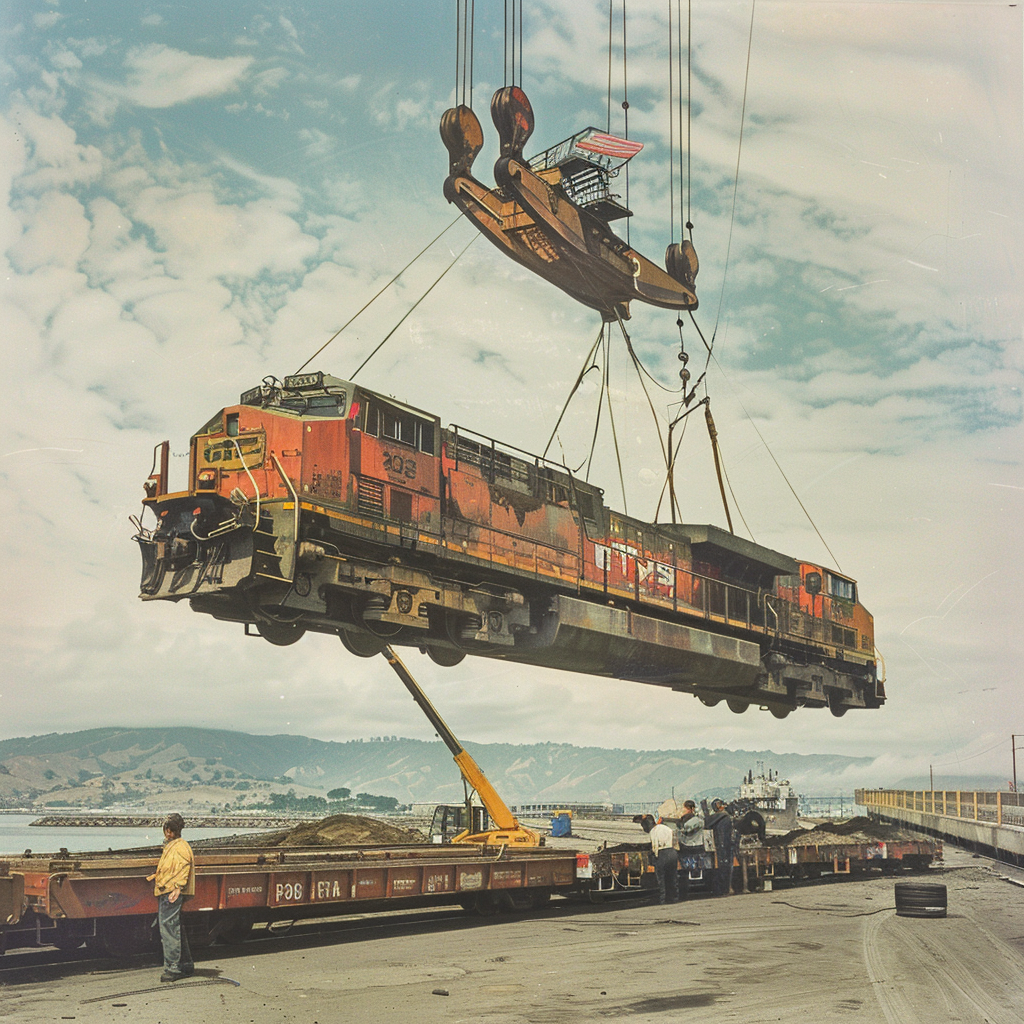Emissions and costs of this debate have been weigh on consumers…
I was recently reminded of the effects of the long-lasting Diesel controversy on a trip to the Netherlands. The city centre of Amsterdam is a restricted traffic zone for certain types of engines, for the purpose of protecting air quality. The website of the city government says:
“City traffic is a major polluter of the air. Amsterdam therefore has environmental zones that keep the most polluting passenger cars, trucks, company cars, taxis, buses and mopeds and mopeds out of the city. With the environmental zone we want to improve the air quality in the city. In municipalities with an environmental zone you may encounter a yellow or green environmental zone. Amsterdam has a green environmental zone.”
Most diesel engines have since been barred from entering the city centre, under the threat of hefty fines for their users. For years, the city has refused to be polluted by cars. This anti-conformist left-wing municipality, traditionally run by the Labour Party and its green allies, managed to reduce traffic by 25% in the 1990s. This was despite the fact that road traffic increased by 60% elsewhere in the country during the same decade.
In March, a set of member states consisting of Austria, Belgium, Greece, Ireland, Lithuania, Luxembourg and Malta, and led by Denmark and the Netherlands, called on the EU to propose tougher emissions standards, in order to set phase-out dates for both petrol and diesel cars.
This contradicts the premise of free choices for consumers. Individual cities in Germany have also decided to implement similar bans; a third of Germans drive diesel cars. Are they supposed to sell their vehicles within the coming months? Or worse, should they move out of these two cities? What sense does it make to have a major continental country become a Swiss cheese of diesel no-go zones, in which both residents and visitors will have to count in major bypasses when they travel through the country?
On top of the consumer choice question, governments do not seem to link the question of CO2 emissions. Diesel emits more of those. A petrol engine ignites its petrol-air mixture by means of a spark plug. Diesel, on the other hand, manages without such external ignition. Highly compressed air heats the diesel fuel, which means that the energy in the fuel can be better utilised. As a result, fuel consumption and CO2 emissions are reduced. On average, diesel emits up to 15 percent less CO2 than petrol, even though it has a higher carbon content.
As for the argument on pollution affecting the health of residents, former President of the German Pneumology Society, Doctor Dieter Köhler, contradicts these activists and sees only a minor health-endangering role in particulate matter and nitrogen oxides. Many studies, he says, misinterpreted findings, and the costs of outlawing diesel vehicles would stand in no proportionate relationship to health hazards.
As mentioned above, some countries are calling for or have already set a phase-out date for fossil-fuel powered cars. Those dates vary, sometimes it’s 2035, sometimes it’s 2040. This poses a set of questions. In 2040, if we are still in need of cars running on fossil fuels, the ban would be disastrous and is unlikely to be implemented, or if we don’t need them anymore by that time the legislation would be obsolete. The pretense, however, that it is the role of the government to choose winners and losers in the innovation of a free market, is ridiculous.
We have to realise that when environmentalist activists say “ban diesel”, their actual aim in the long-run is to ban all vehicles running on fossil fuels, regardless of the economic and social consequences that this has.
Consumers deserve the right to choose their own cars, running on the petrol of their choice.




